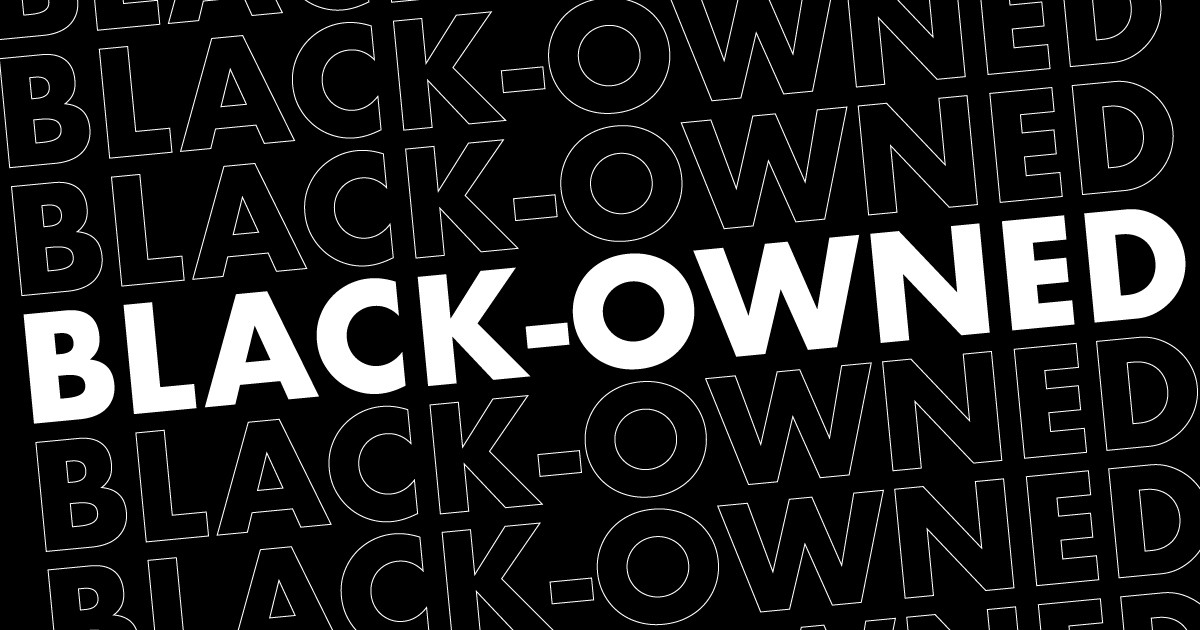More Than Half of Black Small Businesses have been Wiped Out by the COVID-19

Since the start of the coronavirus pandemic, many Black-owned businesses were at risk of getting completely wiped out. Nearly half of black businesses were already out of business by April, when the coronavirus peaked in the country, according to a New York Fed report.
A research done at the University of California, Santa Cruz, and a report by the National Bureau of Economic Research revealed that 41% of Black-owned businesses (out of 440,000 enterprises) have been wiped out by COVID-19, compared to just 17% of white-owned businesses.
“Nationally representative data on small businesses indicate that the number of active business owners fell by 22% from February to April 2020—the largest drop on record,” the report read. “Black businesses experienced the most acute decline, with a 41% drop. LatinX business owners fell by 32% and Asian business owners dropped by 26%.”
Robert W. Fairlie, author of UC Santa Cruz's report and a professor of economics at the University said he expected the conditions of black businesses to be “bad” but didn’t expect it to be so “devastating.”
As the COVID-19 pandemic continued to ravage the country and infection rates increased, the numbers of wiped out black business increased as well. As of this month, the country’s number of coronavirus infections has hit more than 5 million to a world record.
In contrast to the number of black-owned businesses that have completely shut down due to the pandemic, the number of white-owned businesses or firms that have shut down completely is only about 17%.
“Volumes of COVID-19 cases coincide with Black-owned businesses locations: two-thirds of counties with high levels of Black business activity pre-COVID-19 are in the top 50 COVID-affected areas,” the New York Fed wrote.
In addition to the impact of the virus on black businesses, systemic racism and economic disparities have also contributed to the collapse of many black-owned businesses. Many of the small black businesses that managed to escape the impact of the coronavirus wave were still slammed for not putting appropriate coronavirus safety measures in place, especially in places that saw a rise in upticks after reopening.
“After 90 days without positive cash flow, you will feel a lot of pain,” said former Philadelphia commerce secretary and senior advisor at Bellevue Strategies, Harold T. Epps. “It doesn’t matter if you are a barber, beauty supply store food provider, or the other retail outlet. Many are challenged by cash flow on a good day, and over the last 90 days, it’s been nonexistent. That will result in one out of every two not returning.”
According to the Economic Policy Institute, there are many reasons why black businesses are the most vulnerable in such situations. The institute identified racial disparities as one of the major issues.
“The disparate racial impact of the virus is deeply rooted in historic and ongoing social and economic injustices. Persistent racial disparities in health status, access to health care, wealth, employment, wages, housing, income, and poverty all contribute to greater susceptibility to the virus—both economically and physically,” the institute said.
Epps is also in agreement with this, saying that the “impact of the COVID opens all of the inequities disparities of the double and triple standards in America. He also added that “when it comes to education, income, business, or health, we are disadvantaged and devastated to a much larger extent than white people.”
Hopefully, the turn of events following the recent Black Lives Matter movement sparked by the killing of George Floyd will help bridge racial disparities in the United States, as well as put an end to systemic racism.


Be the first to comment!
You must login to comment